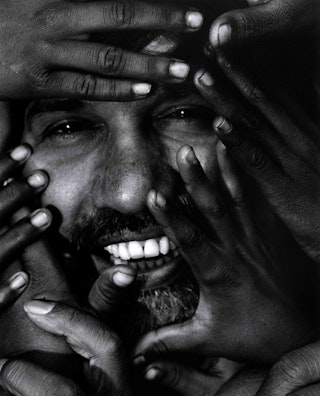
Kailash Satyarthi
On Kailash Satyarthi’s first day of school, he encountered a boy his age sitting at the school’s gates. But instead of preparing to study, he was shining shoes. When Kailash asked his teachers why the boy was working instead of attending school, they had no answer. When Kailash ginned up the courage to ask the same question of the boy’s father, the man replied, “Sir, I have never thought about it. We were just born to work.”
As Kailash recalled in his Nobel Prize lecture, “This made me angry. It still makes me angry. I challenged it then, and I am challenging it today.”
Kailash hasn’t just challenged the reality of child labor and slavery around the world: he has utterly transformed it, leading a global movement to ensure that children receive the education they deserve. Since founding Bachpan Bachao Andolan (Save Childhood Movement) in 1980, Kailash has rescued about 80,000 children from slavery; in 1998, he led a global march against child labor, which led to a new international law that banned the practice.
Despite these accomplishments, child slavery remains a real problem. In India, for instance, official estimates place the number of child laborers at five million, while Kailash says it as high as 60 million. He is determined to see every one of those 60 million receive a proper education.
“I refuse to accept that the shackles of slavery can ever be stronger than the quest for freedom,” he says.